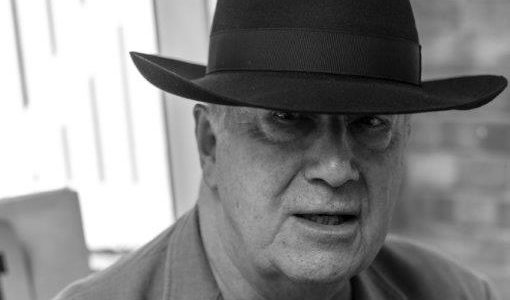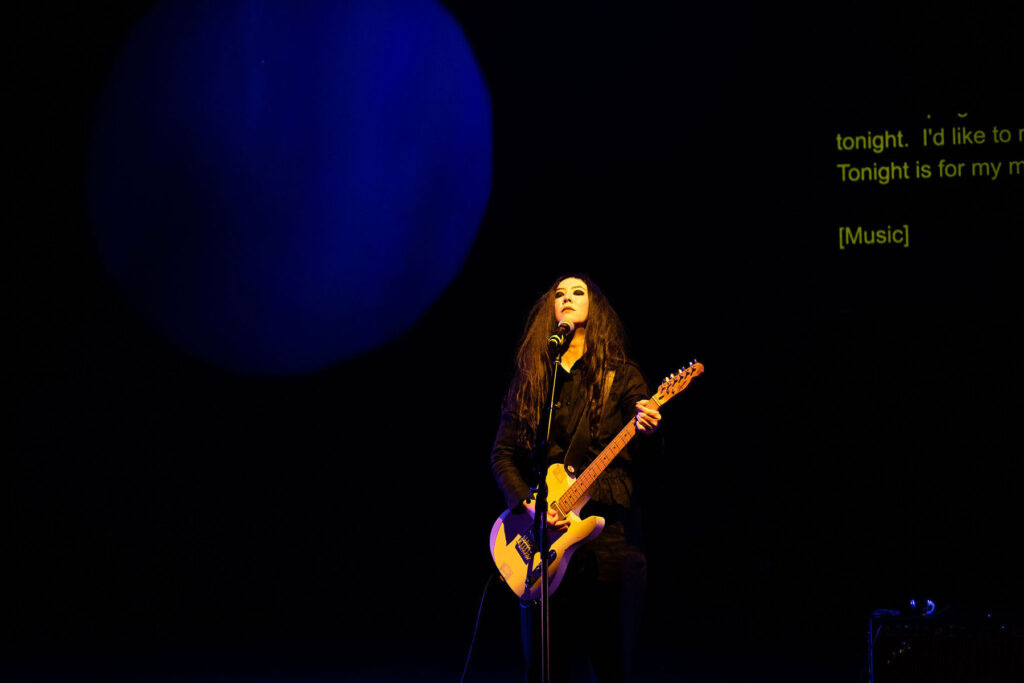
Anoyonodekigoto
Ikuro Takahashi Yoko Muronoi
A collaborative duo performance, Anoyonodekigoto sets up a sort of negotiation between a musician, a dancer, the audience and the space we’re all sharing.
Arika have been creating events since 2001. The Archive is space to share the documentation of our work, over 600 events from the past 20 years. Browse the archive by event, artists and collections, explore using theme pairs, or use the index for a comprehensive overview.

A collaborative duo performance, Anoyonodekigoto sets up a sort of negotiation between a musician, a dancer, the audience and the space we’re all sharing.

Joan La Barbara presents works exploring the colour spectrum of a single pitch resonating in her skull, an evocation of bird song and circular singing.
A day of presentations and discussions on the theme of audio visual perception in the context of experimental music, film and art.

In rethinking the body, the law, the state, gender, race, violence, care and empathy, how we might give humanness a different future?

Free-jazz chat with Sabir Mateen, Daniel Cater, Andrew Barker – hosted by Byron Coley.

Sound and image slipping out of synch and into discord, the programme includes (in London at least) a very special version of Hollis Frampton’s masterful (nostalgia) with a live narration by Michael Snow.

What does it mean to listen with the mind as well as the ears? A solo performance from the great avant-garde pianist.

Film and sound stripped of ‘content’ and experienced spatially, to be looked at not on the screen but in the space of the gallery

Guitar and voice. Keening, droning and mourning. Be ready to release and bring your dis-ease.

Everyday objects and materials (rubber bands, paper, a sink, microphones) disabused of their inertia and made to speak for themselves in a kind of focusing in on the tiny, repetitive, almost unobserved (sonic/ visual) potential of everyday things put into motion.

Summing up of the investigations with a reflection on what has been done that week and what could be done the next.

A performance by Storyboard P – one of the greatest Afrofuturist dancers on the planet.